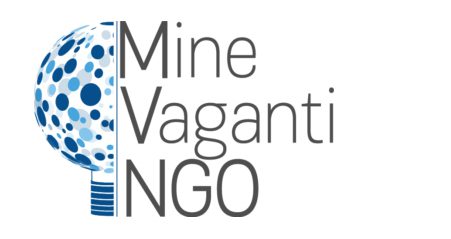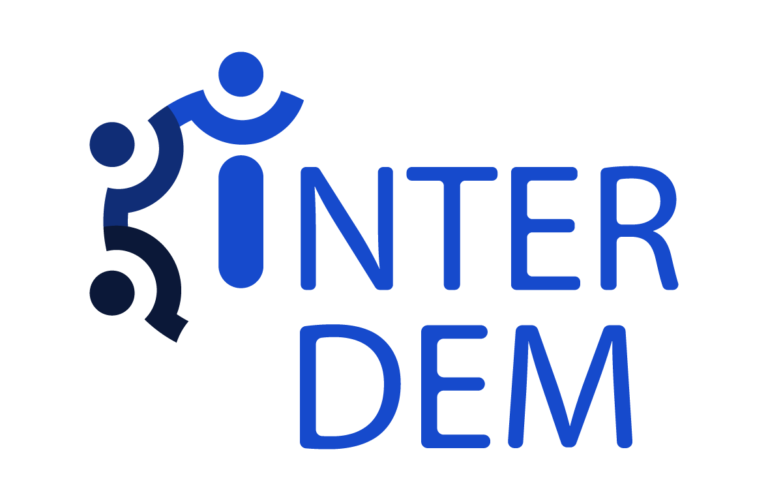Supporting The Employability of Young people with Disabilities
DIS-employability is a 24-month Strategic Partnership in the field of Youth Education involving several European entities working with disabled people. It aims at providing disabled people with useful employability skills through the development of critical thinking for promoting their inclusion in the labour market. Critical thinking is considered an important methodology for the development of employability skills. People with a high level of critical thinking and reasoning are likely to be innovative, bringing new ideas and creative solutions to even the most difficult business challenges. “UN Convention on the Rights of Persons with Disabilities” recognizes the right to work and employment as a fundamental right. The project will address and overcome systemic barriers to participation in education and the labour market that concern disabled people. According to Eurostat data, in 2010 in Europe, approximately 100 million EU citizens live with a disability. Their wellbeing is affected by various barriers, such as inaccessible physical environments and transportation, the unavailability of assistive devices and technologies, non- adapted means of communication, gaps in service delivery, and discriminatory prejudice and stigma in society. Furthermore, the Report on Disability and Work, elaborated by the International Labor Organization on 2019, showed that lower employment and education levels cause that the poverty rate for those with disabilities is 70% higher than the average, while the unemployment rate of around 4 million people in the European Union who have Intellectual and relational Disabilities is more than twice as high as for the general population Based on this context, there is a clear need to target initiatives at these vulnerable people. Disabled people must overcome the barriers experienced as a result of the disability, and provide them with useful skills to tackle the challenges faced in the labour market because of their situation.
Start: 28-02-2022 – End: 27-02-2024
Project Reference: 2021-1-RO01-KA220-YOU-000028932
EU Grant: 37.470 EUR
Programme: Erasmus+
Key Action: Cooperation partnerships in youth
Action Type: Youth mobility
Application Organisation:
Asociatia Babilon Travel Romania
Project Partners:
- NGO NEST BERLIN EV Germany
- MINE VAGANTI NGO Italy
- EDUFORMA SRL Italy
- Innovation Frontiers IKE Greece
Project TOPICs:
Disabilities
Youth employability
TARGET GROUPs
Direct:
- Youth workers who work in the field of Youth education in critical thinking,
- Blended Mobility of Learners: disabled people aged 18+ coming from disadvantaged urban and rural communities,
- Educators/Trainers providing or interested in providing support to their social inclusion
Indirect:
- Education institutions, NGOs, cultural businesses and associations,
- Arts centres/groups,
- Organizations of disabled people,
- Organizations/public agencies providing services for disabled people
PROJECT’S OBJECTIVES
DIS-employability aims at providing people with disabilities useful employability skills through the development of critical thinking for promoting their inclusion in the labor market.
APPROACH / METHODOLOGY
- Non-Formal Education (NFE)
- Critical thinking
Project ACTIVITIES
IO 1: Critical Thinking for Employability Format for Educators
IO 2: Guidebook on Critical Thinking Skills for Employability
IO 3: Employability Web Platform and E-Modules
Project RESULTS
PR1: Empowering Young People with Disabilities through Critical Thinking: A Non-Formal Education Training Format for Youth Institutions and Operators – The training format focuses on developing critical thinking skills for young people with disabilities through non-formal education methods. Its aim is to provide useful skills for these young people to enter the labor market and be included in society while tackling discrimination and exclusion. The format is developed through structured research and will cover various training modules, including ice breaking, theoretical knowledge, soft skills, group dynamics management, critical thinking exercises, good practices, and the role of educators.
PR2: Guidebook on Critical Thinking Skills for Employability – The Guidebook will document local programs on critical thinking for employability by partner organizations and will involve 15 young learners, including 5 with physical disabilities, 5 with slight cognitive disabilities, and 5 without disabilities. The Guidebook will be based on the results achieved in the local programs and will include an introduction to the project, a theoretical framework of critical thinking, a description of local programs, and guidelines for operators supporting programs. The methodology for producing the Guidebook will involve producing reports on local programs, elaborating a set of guidelines, and submitting a draft to stakeholders for feedback.
PR3: Employability Web Platform and E-Modules – The consortium will create a web platform that integrates accessibility and usability features for young people with disabilities. It will be available in multiple languages and will present the contents produced in enhancing Critical Thinking skills divided into specific educational modules, mirroring the thematic sections of the first two results.





